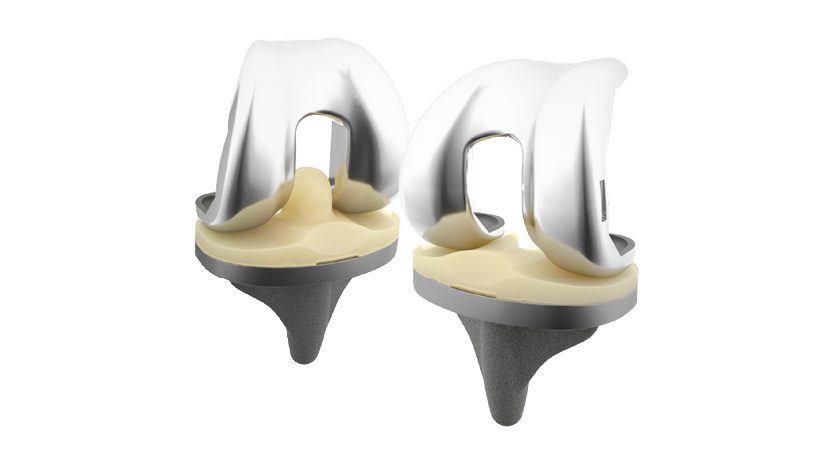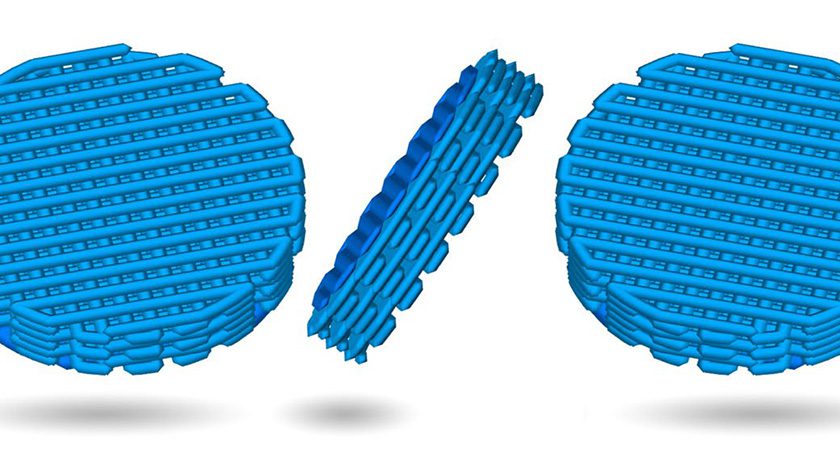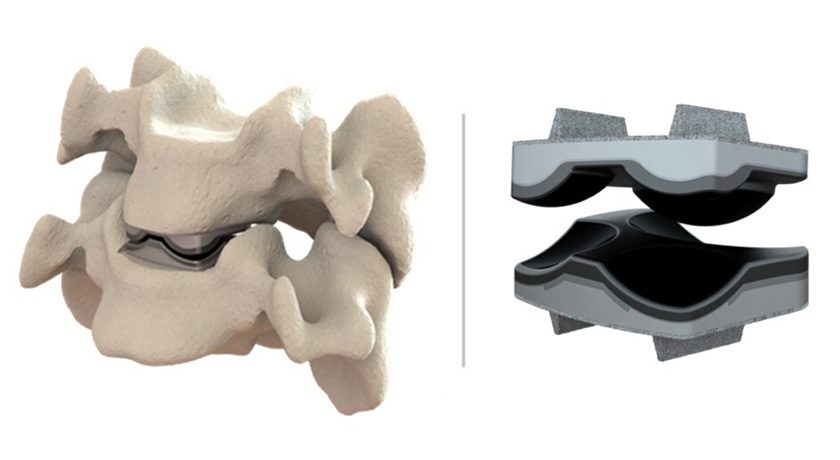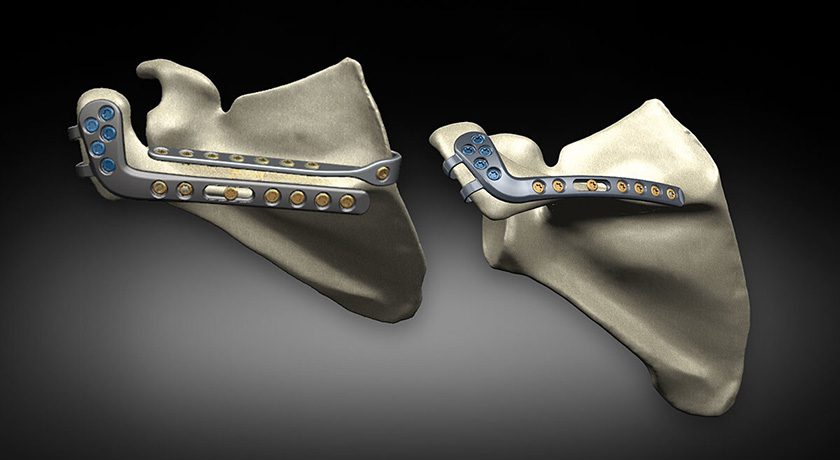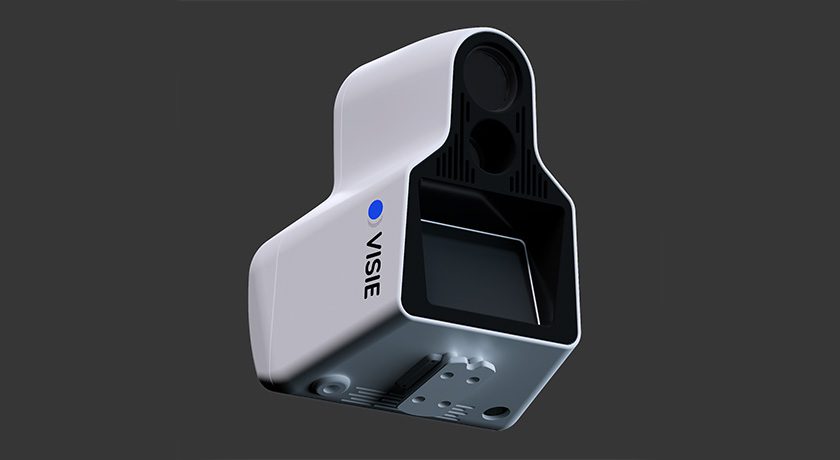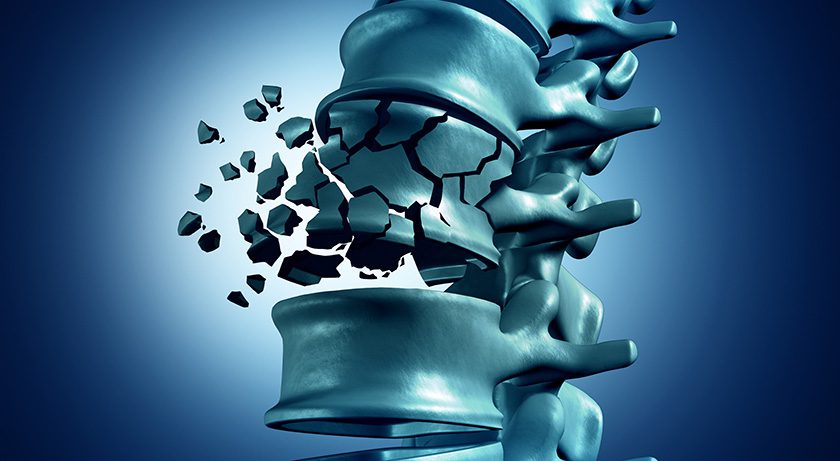

 Copy to clipboard
Copy to clipboard 
Avicenna.AI received FDA 510(k) clearance to market CINA-VCF, a triage and notification AI tool that detects unsuspected vertebral compression fractures (VCFs) in patients undergoing chest or abdomen CT scans.
The CINA-VCF algorithm identifies and prioritizes vertebral compression fractures detected during routine CT scans for patients undergoing medical imaging for entirely different health conditions, notifying clinicians within seconds. The tool was validated on 474 CT scans (performed for other clinical indications than for VCF evaluation) acquired on 38 different scanner models from four different manufacturers, achieving excellent sensitivity and specificity results.
By facilitating the early detection of vertebral compression fractures, CINA-VCF aims to help prevent further bone density loss and additional fractures, enhancing patient care and outcomes. The tool enables vertebral fractures to be addressed before they multiply, reducing the risk of complications and potentially lowering medical expenses.
“Osteoporosis is a global burden affecting millions, especially postmenopausal women, and often goes unnoticed until symptoms like pain and loss of mobility appear,” said Cyril Di Grandi, co-founder and CEO of Avicenna.AI. “By detecting vertebral compression fractures early, we aim to help patients maintain better mobility and independence, enhance the well-being of those at risk, and reduce the burden on healthcare systems worldwide. We have also partnered with the International Osteoporosis Foundation to increase awareness about this debilitating condition.”
Source: Avicenna.AI
Avicenna.AI received FDA 510(k) clearance to market CINA-VCF, a triage and notification AI tool that detects unsuspected vertebral compression fractures (VCFs) in patients undergoing chest or abdomen CT scans.
The CINA-VCF algorithm identifies and prioritizes vertebral compression fractures detected during routine CT scans for patients...
Avicenna.AI received FDA 510(k) clearance to market CINA-VCF, a triage and notification AI tool that detects unsuspected vertebral compression fractures (VCFs) in patients undergoing chest or abdomen CT scans.
The CINA-VCF algorithm identifies and prioritizes vertebral compression fractures detected during routine CT scans for patients undergoing medical imaging for entirely different health conditions, notifying clinicians within seconds. The tool was validated on 474 CT scans (performed for other clinical indications than for VCF evaluation) acquired on 38 different scanner models from four different manufacturers, achieving excellent sensitivity and specificity results.
By facilitating the early detection of vertebral compression fractures, CINA-VCF aims to help prevent further bone density loss and additional fractures, enhancing patient care and outcomes. The tool enables vertebral fractures to be addressed before they multiply, reducing the risk of complications and potentially lowering medical expenses.
“Osteoporosis is a global burden affecting millions, especially postmenopausal women, and often goes unnoticed until symptoms like pain and loss of mobility appear,” said Cyril Di Grandi, co-founder and CEO of Avicenna.AI. “By detecting vertebral compression fractures early, we aim to help patients maintain better mobility and independence, enhance the well-being of those at risk, and reduce the burden on healthcare systems worldwide. We have also partnered with the International Osteoporosis Foundation to increase awareness about this debilitating condition.”
Source: Avicenna.AI

You are out of free articles for this month
Subscribe as a Guest for $0 and unlock a total of 5 articles per month.
You are out of five articles for this month
Subscribe as an Executive Member for access to unlimited articles, THE ORTHOPAEDIC INDUSTRY ANNUAL REPORT and more.
JV
Julie Vetalice is ORTHOWORLD's Editorial Assistant. She has covered the orthopedic industry for over 20 years, having joined the company in 1999.


